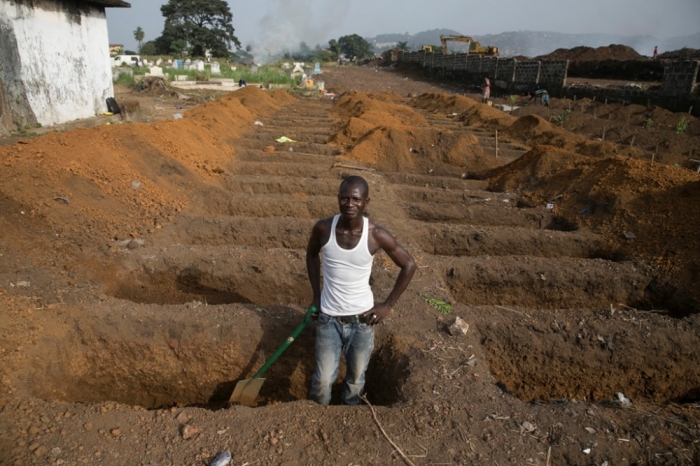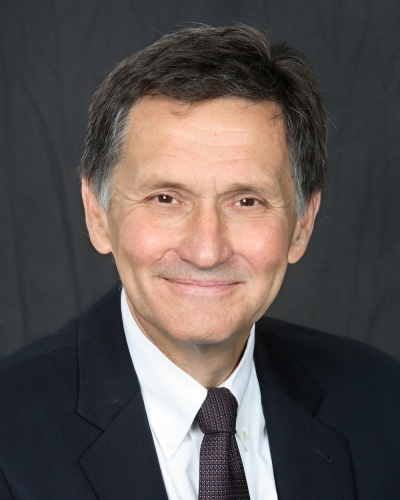One Year After Ebola, Rebuilding African Healthcare Infrastructure Presents Ministry Opportunities

Last July, as the Ebola crisis in West Africa grabbed the world's attention, fear gripped and paralyzed many leaders. The concern about Ebola's spread reached all the way to North America, where several medical missionaries received treatment, and even American hospital workers became infected by a traveler coming into the country.

One year later, scientists are still tallying the results. The Ebola outbreak apparently started when a bat infected a 2-year-old child in December 2013, according to Nature, the International Journal of Science (June 17, 2015). Soon, Guinea, Sierra Leone and Liberia were battling a near pandemic as Ebola infected more than 27,000 people and claimed 11,134 lives.
As the world approaches the first anniversary of the 2014 Ebola outbreak, we must ask what efforts would avert a repeat of this tragedy.
Heroic efforts by government, nongovernmental organizations (NGOs) and ministry entities temporarily abated Ebola's devastating spread in Liberia. In Sierra Leone, the new cases had just about bottomed out, however, there are reports that the numbers are starting to increase again. Ebola cases are still occurring in Guinea.
The Ebola response severely crippled the healthcare infrastructures of these three West African countries. Efforts are underway to rebuild many of those facilities, but they will take time and money. Newsweek reported last November that Ebola had infected more than 500 healthcare workers, with nearly 300 dying. During the height of the response, officials estimated a need for 5,000 additional workers. Clearly, the need for healthcare workers remains high, and West Africa needs those workers now.
Besides Ebola, many parts of Africa continually battle malaria, a disease that modern medicine has failed to eradicate. Malaria patients have hesitated to seek help, fearing that going to the hospital would expose them to Ebola.
In Guinea, officials estimate that 74,000 malaria cases went untreated in 2014, the BBC recently reported. Consequently, officials there fear that malaria deaths could eclipse the 2,444 Ebola deaths in that country. Meanwhile, workers in Sierra Leone fear that the upcoming rainy season and the cholera that typically happens in July and August will be overwhelming.
Ebola may have surprised the world, but most of Sub-Saharan Africa's health challenges, like malaria and cholera, are constant. History tells us that most of the solutions already exist.
One cannot underestimate the power of public health education. Personal hygiene practices plus access to clean water can avert many of these maladies. In Sierra Leone, Reach Beyond partnered with Believers Broadcasting Network (BBN) to educate the public on these matters during the crisis, then followed with a "Bucket Brigade" campaign that provided food and cleaning supplies to more than 250 families, sustaining them for five weeks while they were forced to be in quarantine. Most of those families stayed healthy.
Medicine and ministry have long been a powerful prescription for modeling the Gospel. People need to know you care before you share the good news they deserve to hear.
These health challenges represent opportunity for the Christian community throughout Sub-Saharan Africa. But action must not wait until the next Ebola-type challenge. Neither ignorance nor inaction can save lives or souls.




























